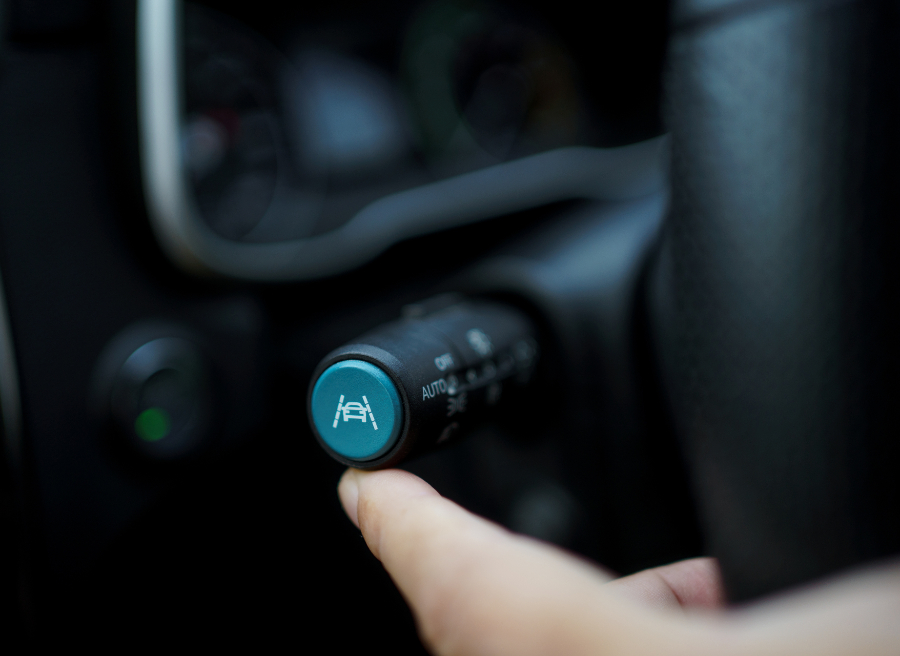
Cruise control is a technological advancement that has been introduced to cars over the years and has made progress in assisting drivers to not surpass a set speed while on long road trips or their everyday commute. While this technology may make certain aspects of driving easier on the driver, whether or not cruise control lends itself to being safe is questionable. If you have been injured in a car accident in which the driver who hit you had cruise control turned on, you should contact an Orlando car accident lawyer to get help filing your claim.
The car accident lawyers at Wooten, Kimbrough, Damaso & Dennis have over 50 years of experience helping clients in Florida pursue fair compensation after they are hit by a negligent driver. It is important that you understand the dangers of cruise control and how it may affect a car accident claim.
Drivers Must Have Control of Their Cars
Whenever a driver is on the road, they should control their car. Drivers hold a duty to operate their car in a reasonably safe manner. This duty still applies even when cruise control is turned on. Unfortunately, many drivers make the dangerous assumption that when they turn on cruise control, they do not need to control the vehicle themselves. When a driver does not remain alert and focused on the road as a result of relying on cruise control, they may cause a dangerous accident.
Regardless of the fact that an individual may not be directly controlling the speed of the car at the time of the accident, they may still be held responsible for the collision due to the fact that they must always have control of their vehicle, and they failed to uphold that duty.
How Cruise Control May Affect a Car Accident Claim
If the driver that hit you was using cruise control at the time of the accident, this fact may increase the amount they are found liable for the collision. When reviewing the details of your claim, the at-fault party may be examined to determine whether their use of cruise control was even necessary leading up to the point that the crash happened. To better determine if their use of cruise control adds to their negligence, they may be asked a series of questions:
- Why were they driving?
- Were they operating cruise control on a highway or a neighborhood street?
- Would a driver typically use cruise control in this area?
- What was their speed?
- Were they traveling too fast when using cruise control?
- What speed did they set the cruise control on?
If the driver who hit you used cruise control when an average, reasonably safe individual would not have used this feature, their actions may be considered grossly negligent or reckless. In this case, you may be able to pursue the at-fault driver for punitive damages. Punitive damages are sought to discipline the at-fault party in hopes of preventing future reckless behavior. If you are unsure how you may file a claim to pursue punitive damages, an experienced car accident lawyer in Florida may be able to help.
Contact a Florida Car Accident Lawyer for Help With Your Claim
If you have been injured in a car accident where the driver who hit you was using cruise control, you may be owed compensation for the losses you have suffered. To get help with your car accident injury claim, contact a Florida car accident lawyer as soon as possible.
At Wooten, Kimbrough, Damaso & Dennis, our car accident lawyers are dedicated to helping clients get the fair compensation they are owed for their injuries and losses. Our award-winning law firm is proud to provide clients with the trusted legal representation needed to get the best possible result for their claims. To speak with our Florida car accident lawyers, contact us here or call (407) 843-7060.

Legally Written and Reviewed by a Managing Partner
Wooten, Kimbrough, Damaso, and Dennis, P.A.
Our content is written and reviewed by our founding attorneys Butch Wooten, Orman Kimbrough, Mike Damaso, and Tom Dennis. Helping the injured since 1966, they’ve successfully handled thousands of personal injury cases across Florida. Whether you’re a Florida resident or an out-of-state visitor injured in Florida, we’re dedicated to providing clear and reliable information to help you navigate your legal options confidently.




